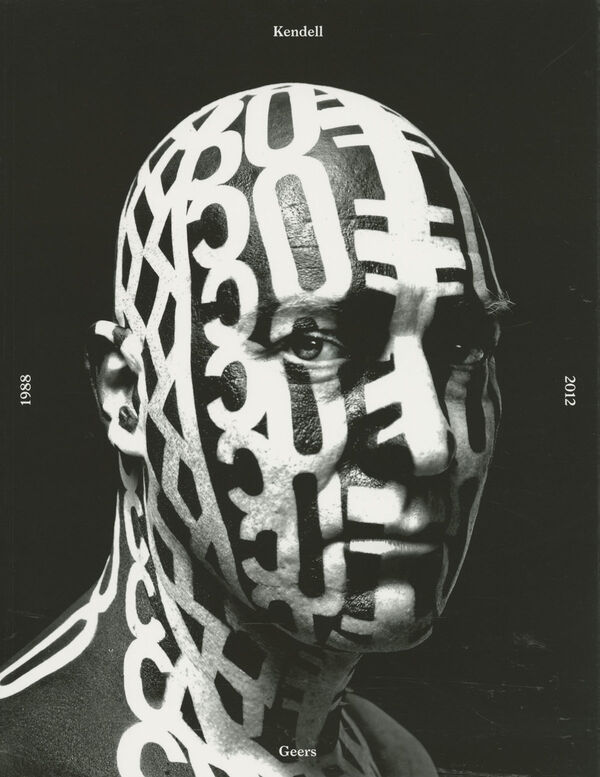Contact
art book cologne GmbH & Co. KG
Deutzer Freiheit 107
50679 Köln
Germany
Opening hours (office and showroom):
Monday to Friday 8 – 17
info@artbookcologne.de
Phone: +49 221 800 80 80
Fax: +49 221 800 80 82
About us
art book cologne, founded by Bernd Detsch in 1997, is a wholesale company and specializes in buying and selling high quality publications in art, art theory, architecture, design, photography, illustrated cultural history and all related subjects internationally. Our team includes specialists in art, culture, music, book trade and media but in spite of our diversity we have one common ground: the enthusiasm for unique art books.
We purchase remaining stocks from museums, publishers and art institutions. We sell these remainders to bookstores, museum shops, and art dealers all over the world.
Kendell Geers 1988–2012
| Editor | Clive Kellner |
| Publisher | Prestel |
| Year | 2013 |
| Cover | Paperback with flaps |
| Language | English |
| ISBN | 978-3-7913-5300-5 |
| Pages | 240 |
| Weight | 1400 g |
| Illustrations | with num. ills |
| More | |
| Type of book | Exhib'publication |
| Museum / Place | Wien, Haus der Kunst |
| Article ID | art-13362 |
This book explores how the life and work of South African artist Kendell Geers can be seen to constitute a living archive of political turmoil, protest against injustice, and the effects of globalization.
In his provocative, often humorous, but always compelling work, Kendell Geers employs various media such as installation, drawing, video, performance, and photography. For two decades his art has been closely linked to the political and cultural environments of his home--whether in South Africa or Europe.
This volume explores in particular the trajectories of two decade-long periods. The first, a political phase, runs from 1988 to 2000, during which time Geers explored the moral and ethical contradictions of apartheid. By appropriating historical events and ideas, he focused on questions of the relationship between individual and society.
The second period was initiated by Geers' move to Brussels in 2000. This European period is characterzed by a poetic aesthetic as Geers transferred his artistic practice into a postcolonial and increasingly global context, exploring themes such as terrorism, spirituality, and morality. This volume features a number of essays addressing aspects of Geers's work as well as an interview with the artist.

